Unlikely to be severe, infections are associated with anti-CD20 therapies and fingolimod
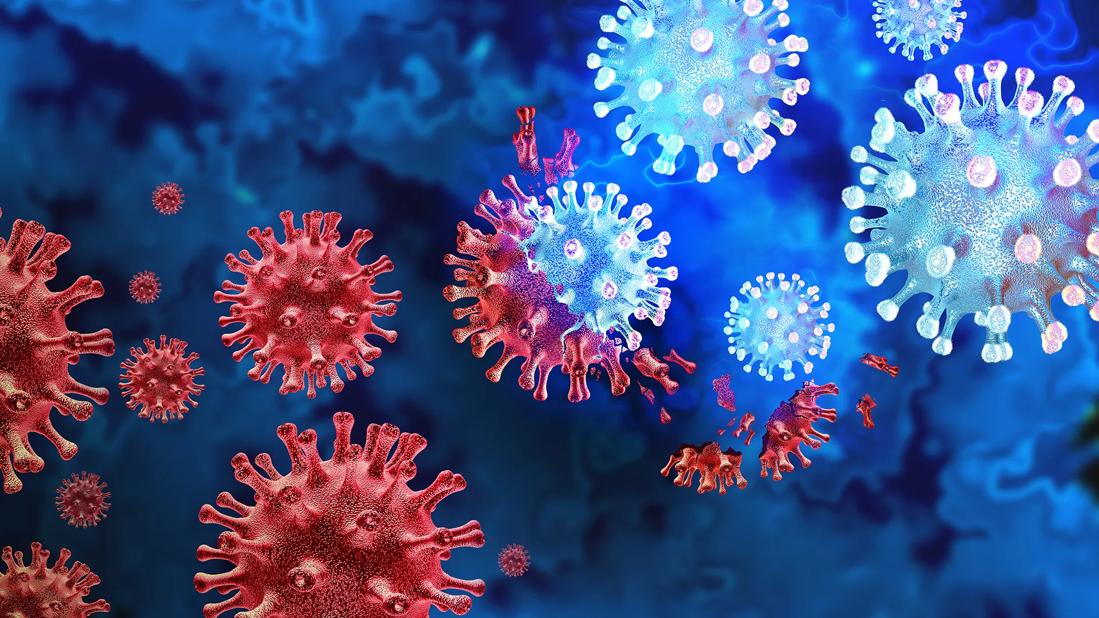
People with multiple sclerosis (MS) on disease-modifying therapy continue to be at risk for COVID-19 infection despite being vaccinated, particularly if they are taking an anti-CD20 drug or fingolimod. However, they tend not to develop a severe disease course. These findings, from an analysis of a series of Cleveland Clinic patients, were presented at the 2021 digital congress of ECTRIMS (European Committee for Treatment and Research in Multiple Sclerosis) and will be published shortly in Multiple Sclerosis Journal – Experimental, Translational and Clinical.
Advertisement
Cleveland Clinic is a non-profit academic medical center. Advertising on our site helps support our mission. We do not endorse non-Cleveland Clinic products or services. Policy
“Despite the occurrence of COVID-19 breakthroughs in vaccinated patients with MS taking disease-modifying therapy, we observed good outcomes,” says the study’s senior investigator, Brandon Moss, MD, a neurologist with Cleveland Clinic’s Mellen Center for Multiple Sclerosis Treatment and Research. “Most patients did not require hospitalization, and none required intensive care admission.”
Existing studies indicate that patients with MS are likelier to develop COVID-19 if they are taking an anti-CD20 agent. In addition, anti-CD20 and sphingosine 1-phosphate receptor (S1PR) modulator disease-modifying therapies have been associated with reduced SARS-CoV-2 antibody formation to COVID-19 vaccines. However, patients on anti-CD20 therapy have also been reported to have a preserved T-cell response to vaccination.
Evidence is scarce on how vaccinated patients with MS fare clinically and how serological evidence of vaccine response translates to outcomes.
The series consisted of 669 fully vaccinated patients with MS from the Cleveland Clinic COVID-19 registry and routine clinical care records from outside hospitals. Of these, 344 were on a disease-modifying therapy at the time of vaccination; 13 of them developed a confirmed COVID-19 infection. None of the 325 patients not on disease-modifying therapy developed a breakthrough COVID-19 infection.
Among the 13 patients who developed COVID-19:
The time from last infusion to first vaccination were similar for patients on anti-CD20 therapy whether or not they developed a breakthrough infection. Also, MS subtypes and duration of MS did not differ significantly between the two groups.
Advertisement
Two of the 13 patients with breakthrough infections required hospitalization: both were on anti-CD20 therapy. Neither required admission to intensive care or mechanical ventilation. Hospital stays were 3 and 13 days (the latter patient developed pneumonia). Both patients were discharged home.
Dr. Moss notes that only patients on anti-CD20 therapy developed breakthrough infections that required hospitalization. He adds that although some earlier studies demonstrated poorer indicators of immune response in patients on S1PR modulators than in those on anti-CD20 agents, S1PR modulators were not associated with severe disease in this series.
Antibody titers were not available for patients in this study, making it difficult to shed light on this issue. “Continued study exploring the relationship between serological response in patients on different therapies and its role in protective immunity are needed to more specifically advise our patients,” Dr. Moss says.
He adds that he is closely watching new developments, particularly regarding the development of COVID-19 variants and the efficacy of vaccine booster shots in patients on disease-modifying therapy. He notes that Cleveland Clinic is involved in an ongoing trial sponsored by the National Institute of Allergy and Infectious Diseases to assess booster shot efficacy in patients with MS or other autoimmune diseases taking various disease-modifying therapies and who had a reduced immunological response to initial vaccinations. Patients are being assessed for protective antibody responses to vaccination and monitored for development of SARS-CoV-2 infection and clinical outcomes.
Advertisement
In the meantime, Dr. Moss counsels his patients with MS, especially those on anti-CD20 therapy or a S1PR modulator, to follow Centers for Disease Control and Prevention guidance for unvaccinated individuals, regardless of their vaccination status. He specifically advises them to wear masks, maintain social distancing and avoid crowds and close contact with people of unknown vaccination status.
“While results of this study were reassuring in that clinical courses after breakthrough infection tended not to be severe, the evidence for how MS and disease-modifying therapies affect susceptibility to this constantly changing virus is not yet all in,” he concludes. “Vigilance is still warranted.”
Advertisement
Advertisement
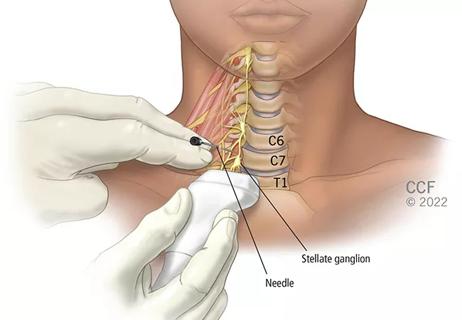
Patients report improved sense of smell and taste
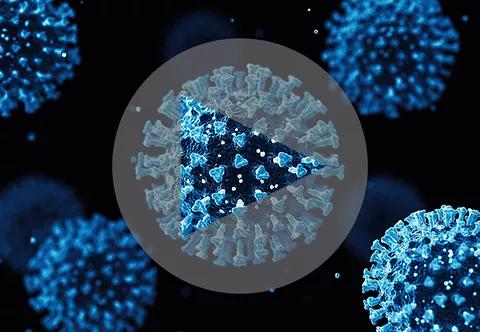
Clinicians who are accustomed to uncertainty can do well by patients

Unique skin changes can occur after infection or vaccine

Cleveland Clinic analysis suggests that obtaining care for the virus might reveal a previously undiagnosed condition

As the pandemic evolves, rheumatologists must continue to be mindful of most vulnerable patients
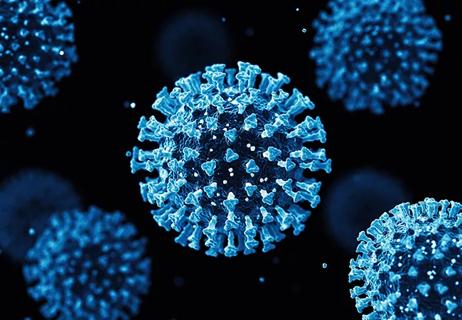
Early results suggest positive outcomes from COVID-19 PrEP treatment
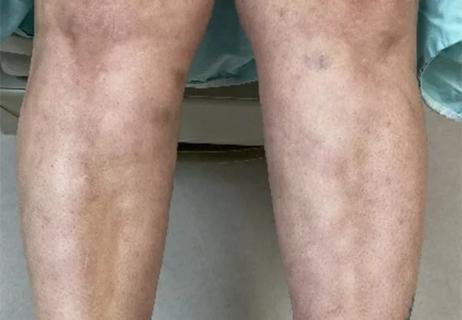
Could the virus have caused the condition or triggered previously undiagnosed disease?

Five categories of cutaneous abnormalities are associated with COVID-19